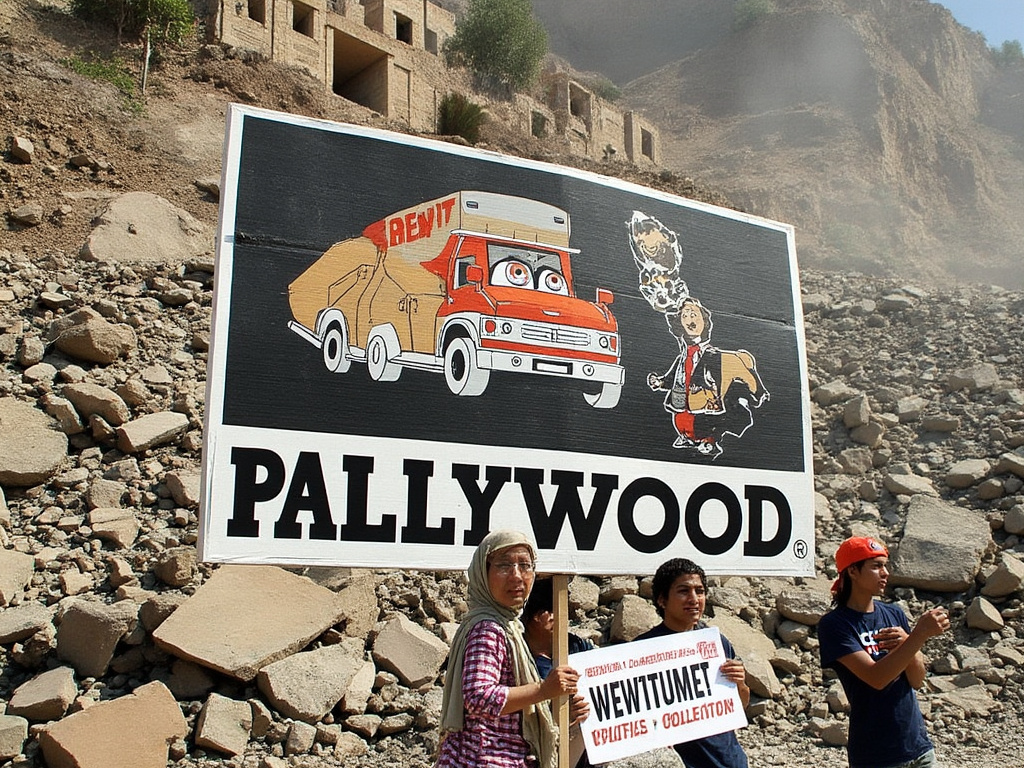There are indeed parallels between how stories from Nazi concentration camps were initially dismissed or questioned and similar dismissals of narratives in modern conflicts, particularly in the context of the term "Pallywood" used to describe alleged Palestinian media manipulation:
Denial and Dismissal of Atrocities:
Nazi Germany: During and post-World War II, many stories from concentration camp survivors were met with skepticism or outright denial. Some claimed these were exaggerations or outright fabrications by the Allies for propaganda purposes. Holocaust denial, which persists to this day, often involves dismissing survivor testimonies as lies or exaggerations.
Modern Conflicts: In contemporary conflicts, particularly involving Israel and Palestine, some narratives or visual evidence of Palestinian suffering have been labeled as "Pallywood," suggesting that these are staged for propaganda. This mirrors the dismissal of concentration camp stories by suggesting that the suffering shown is not genuine but manipulated for political gain.
Use of Propaganda and Disinformation:
Nazi Germany: The Nazis used propaganda extensively to hide their genocidal actions, portraying themselves as victims or liberators while dismissing reports of their atrocities as Allied propaganda.
Pallywood Claims: Similarly, the term "Pallywood" implies a deliberate campaign to manipulate media for political purposes, akin to how Nazi propaganda sought to reshape reality.
Impact on Public Perception:
Holocaust Denial: By dismissing stories as lies, Holocaust deniers aimed to alter historical memory and public understanding, often with the goal of rehabilitating the image of Nazi Germany or to serve current political or ideological agendas.
Current Conflicts: By labeling evidence of suffering as "Pallywood," there's an attempt to influence global opinion, potentially reducing international pressure or support for one side by casting doubt on the authenticity of reported events.
The Role of Media and Technology:
World War II Era: The dissemination of information was slower and less widespread, but even then, there were efforts to discredit or downplay reports from the camps through control of media narratives.
Modern Era: With the advent of social media and instant news, the capacity for both spreading and debunking such narratives has increased. However, the speed and volume of information also allow for rapid dissemination of disinformation, including claims of staging events.
